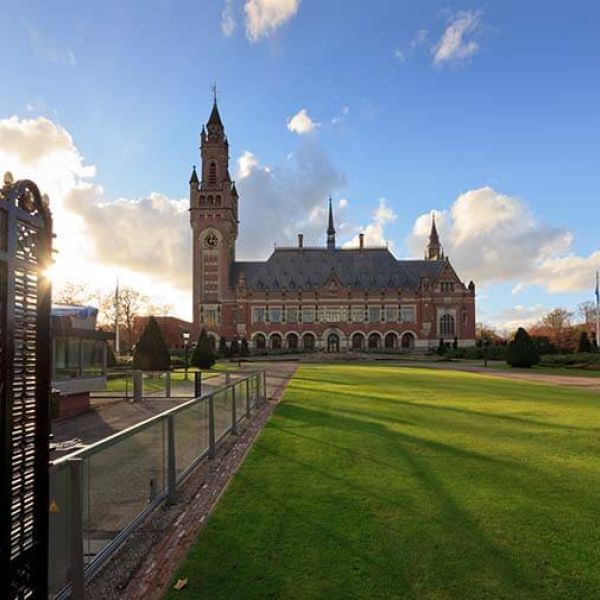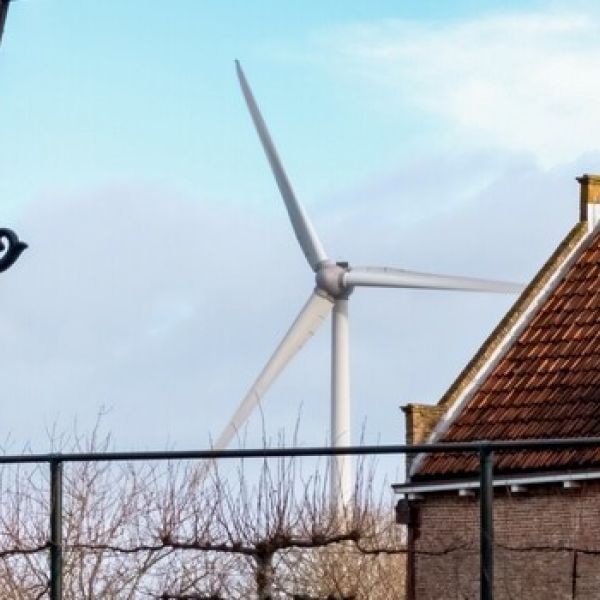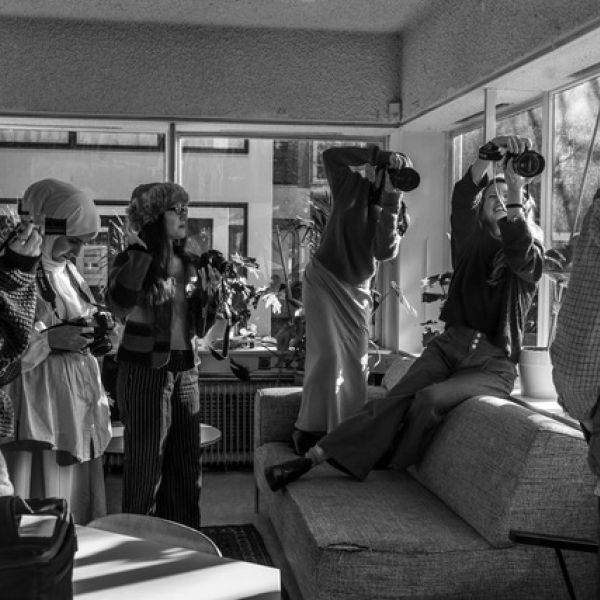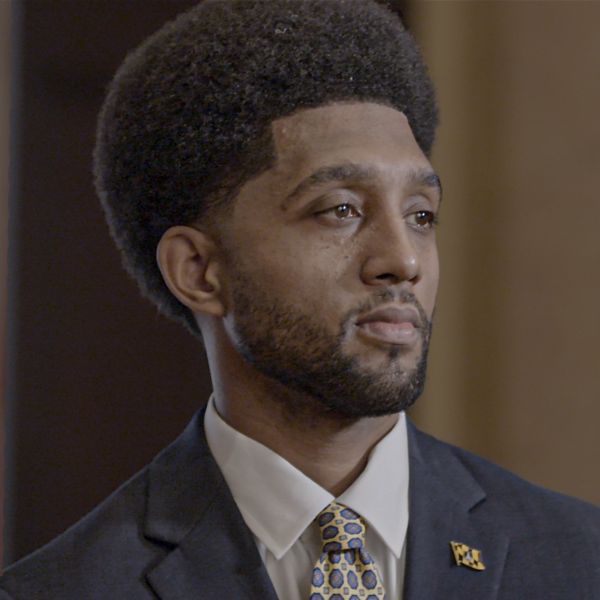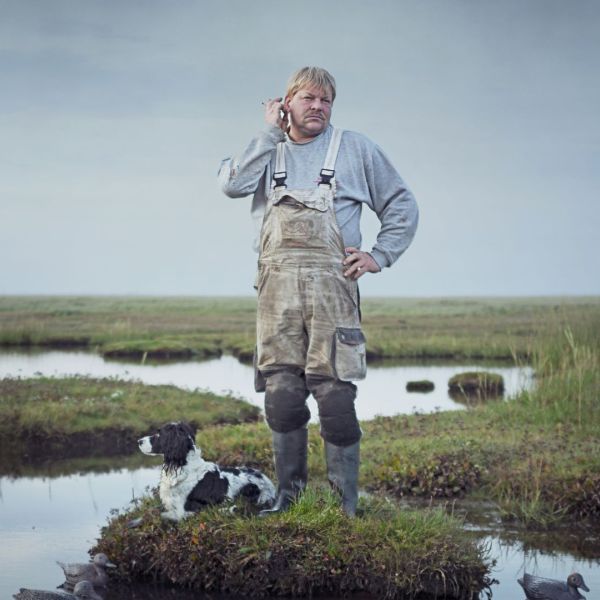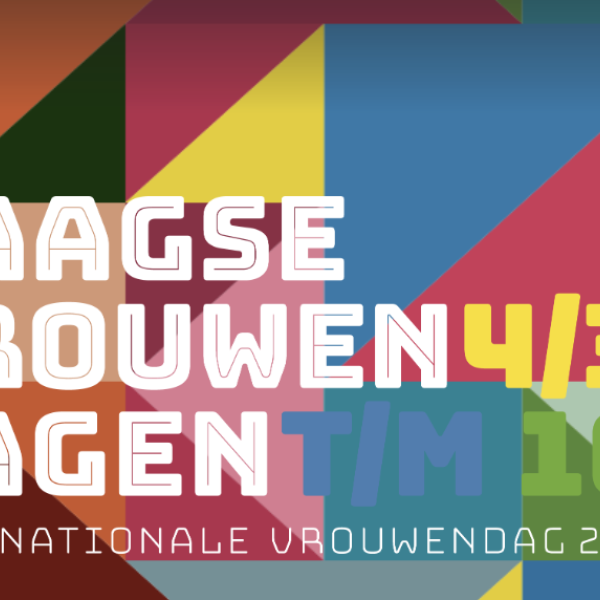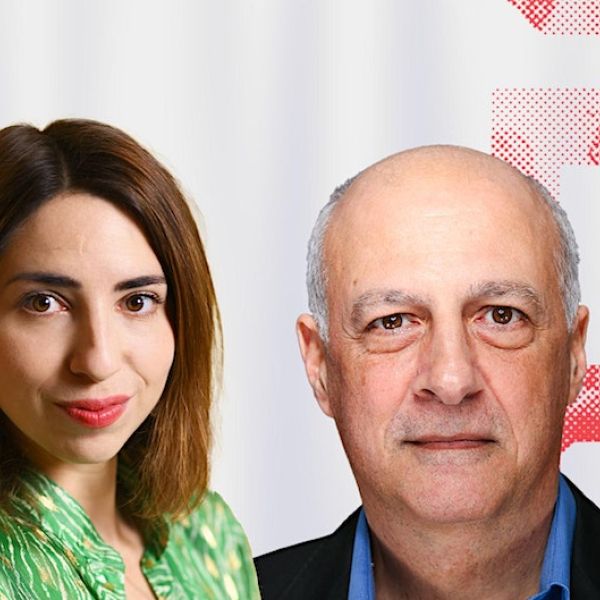Conspiracy thinker and government connect: embrace the conversation, avoid the cancel culture

An increasing and difficult to evade flow of information, an increasingly complex society and a government that does not communicate clearly: these are elements in these modern times that encourage conspiracy thinking. To counter this, the government has an important role to play: it can and must ensure that the underlying insecurity that many people feel is not reinforced. In this article, EMMA's Hans Moors explains how these elements cause people to drift toward the conspiracy angle, and how the government can counter this.
Conspiracy thinking today is strongly influenced by three elements. First, we humans are increasingly unable to weigh what is true and what is not. For various reasons. For example, because we find ourselves in certain circles in which other truths apply. But also because nowadays we receive so much information that it overstimulates us. This leaves no mental space for assimilation and examination of truth versus fiction.
All this takes place in an increasingly complex society in which the Dutch government gives its citizens a lot of space and few protective frameworks. The government is not clear about whether it can and will protect its citizens in the areas of housing, care, livelihood security. This can make people feel abandoned. That the government is not actually there to protect what needs to be protected.
Elements that are difficult to influence
These are elements that are difficult to influence, but at the same time encourage conspiracy thinking. Take the corona crisis, a period where all these elements came together when the Dutch government imposed a number of drastic measures on the country to limit the spread of the corona virus.
In doing so, communication about the measures during press conferences was not always clear and universal, explains EMMA's Hans Moors: "Where one minister shouted that you really had to be vaccinated against the virus, the other tried not to come across as coercive and to give people room to make their own decisions. People pick up on this lack of clarity and it is confusing: what does the government want? To vaccinate or not to vaccinate? Instead of giving citizens clarity, the government's communication mainly fuels doubt."
No longer carefree
Now - with the corona crisis still fresh in our minds - we live in a period of heightened social unease. We are restless, no longer feeling so carefree. Things that once felt certain are no longer so. Are things going the right way with the climate, healthcare, migration? No one knows exactly how things will turn out in the future, and that makes us feel threats. Threats that we can't quite gauge how they will play out. The only thing we feel is that if things go wrong, then they will go badly wrong. We saw that at corona.
Combine this unrest with a government that does not clearly communicate what protection it can offer its citizens. A government that tries its best to communicate, but is often mostly sending without a clear message. Which does try to be clear, but which easily makes you flip through another book of pages to get to the simple explanation of a problem. It becomes increasingly difficult to understand, especially for those who are more dependent, or less good at processing information. As a result, the trust they have in government is drifting further and further away.
Search for certainty
Online - overstimulated by the flood of information they receive daily - they find alternative stories from other people that feed their feelings of unease, confirm them. For some, these stories offer guidance, for others an invitation to dig deeper, to search further for the real truth.
Meanwhile, in this search for certainty and truth, it no longer matters whether something is possible or true: someone in your group shouts something, and it is postulated as truth. Hans: "For example, look at the theory about the underground network of tunnels in Bodegraven, which conspiracy thinkers were convinced existed. Children would be held captive in these tunnels, they claimed. Even though evidence for this theory has never been found, indeed, in soft wet peat soil tunnels are quasi-impossible to make, enough people believe in them. The truth about conspiracies is that once they are there and there is a group of people who want to believe it, then that is the story. Proof is not necessary."
People feel supported in their alternative theories online. Looking for certainty, they find connection with like-minded people. A new social network forms. "They find something in each other that they like, a mindset directed against the government that - in the case of Bodegraven - may no longer be as strong about pedosexuality or drinking children's blood, but they still seek each other out. There's a kind of intrinsic need to come together, to be a group, to talk to each other about what they think is true."
Keeping the conversation going
Therefore, to counter this conspiracy thinking, the government has an important task to do, above all, not to reinforce the underlying loneliness and insecurity that many people feel. In order to reduce the chance that more people will stray to a group that does welcome them. By continuing the conversation with them and not judging too much, but mainly listening. That way we try to stay connected.
It is also important not to cancel people out. This can actually promote alienation and conspiracy thinking. "People who didn't trust the government anyway see this cancellation as confirmation of their suspicions that the government is bad. 'You see, the government doesn't want to listen to us. Science doesn't want to listen to us. Nobody wants to listen to us. But we are kind of right after all because otherwise they would want to listen to us'. Instead, keep welcoming people, talk to everyone. If you don't, you will only push them further into the corner of conspiracy thinking."
EMMA previously published the first and second parts of its four-part series on conspiracies. You can read the first part, in which EMMA examines how conspiracy theories can propagate, here. You can read the second part, which examines the role of social media, here.


